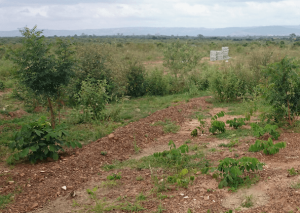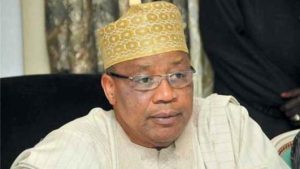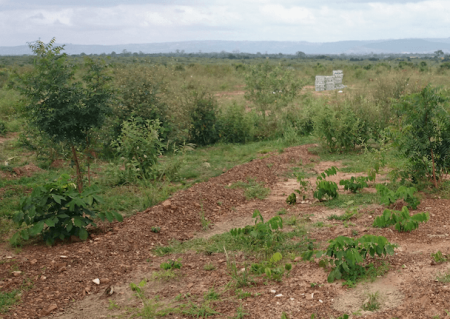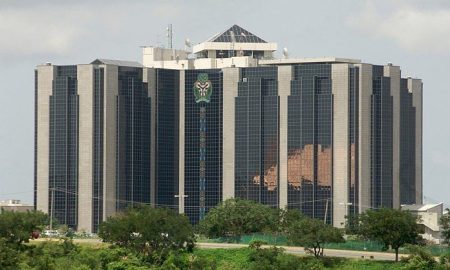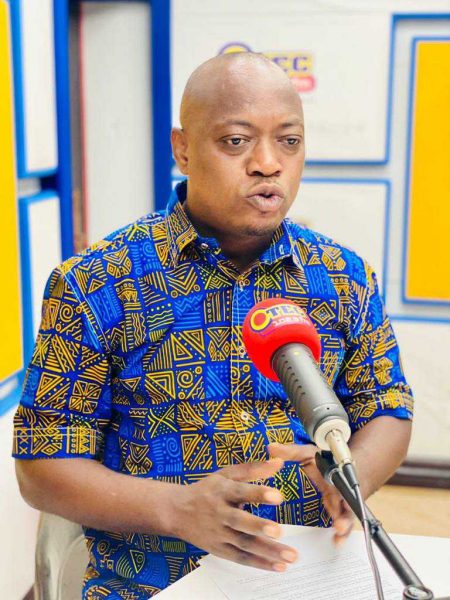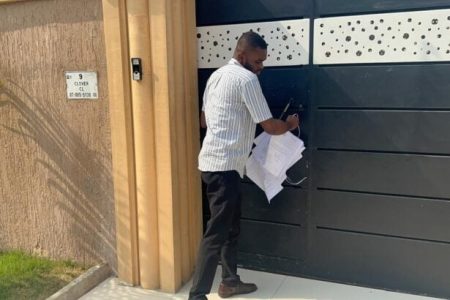Ghana’s power sector is teetering on the precipice of a major crisis, with the potential for widespread blackouts looming large. Karpowership, a significant electricity provider operating a power barge at Aboadze, has issued a stark warning to the Ghanaian government: settle the outstanding debt of $379 million or face the suspension of power supply. This ultimatum, delivered during a high-stakes meeting between Karpowership officials and Energy Minister John Abdulai Jinapor, throws the country’s fragile energy landscape into further disarray. The massive debt, owed by the state-owned Electricity Company of Ghana (ECG), contributes to a staggering national energy sector debt that has now ballooned to over $3 billion, painting a grim picture of financial instability and mismanagement. This precarious situation raises serious concerns about the long-term viability of Ghana’s power supply and its ability to meet the energy demands of its citizens and industries.
The urgency of the situation is undeniable, with the potential for severe economic and social disruption. Minister Jinapor, recognizing the gravity of Karpowership’s threat, has pleaded for patience, assuring the company that the newly formed administration is actively seeking solutions to address the crippling debt. However, the government faces a formidable challenge in securing the necessary funds within a short timeframe. The International Monetary Fund (IMF), a key financial institution involved in Ghana’s economic recovery, has repeatedly sounded the alarm on the country’s escalating energy debt, highlighting it as a critical risk to the nation’s overall financial stability. The IMF’s warnings add significant pressure on the government to implement rapid and decisive reforms to avert a complete collapse of the energy sector.
The $379 million owed to Karpowership represents a significant portion of Ghana’s overall energy sector debt. This debt accumulation stems from a complex interplay of factors, including inadequate tariff structures, operational inefficiencies within ECG, and the government’s historical struggle to balance energy subsidies with fiscal responsibility. The power purchase agreements signed with independent power producers, including Karpowership, have also contributed to the escalating debt burden. These agreements often involve long-term contracts with fixed pricing structures, which can become problematic when fuel costs and other operational expenses fluctuate. The resulting financial strain on ECG has made it increasingly difficult for the company to meet its financial obligations, leading to a cycle of mounting debt and potential service disruptions.
The IMF’s concerns about Ghana’s energy sector are not merely theoretical. The institution has consistently emphasized the need for comprehensive reforms to address the systemic issues plaguing the sector. These reforms include strengthening ECG’s financial management practices, improving revenue collection, and implementing cost-reflective tariffs that accurately reflect the true cost of electricity generation and distribution. The IMF’s calls for reform underscore the need for a fundamental shift in how Ghana manages its energy resources, moving away from unsustainable subsidies and towards a more financially viable and sustainable energy model. Without such reforms, the risk of further debt accumulation and potential service interruptions remains high.
The implications of Karpowership’s potential shutdown are far-reaching and deeply concerning. Ghana, a nation heavily reliant on a stable power supply for its economic development, could face extended power outages, crippling industries, disrupting businesses, and severely impacting the daily lives of millions of households. The economic consequences of such disruptions would be devastating, potentially leading to job losses, reduced productivity, and a slowdown in economic growth. The social impact would be equally significant, with households facing difficulties accessing essential services, businesses struggling to operate, and communities grappling with the challenges of prolonged power shortages.
The situation demands urgent action from the Ghanaian government to avert this impending crisis. Beyond immediate negotiations with Karpowership to prevent a shutdown, the government must address the underlying structural issues that have led to this precarious position. This requires a commitment to implementing the much-needed reforms recommended by the IMF, including strengthening ECG’s financial viability, improving revenue collection, and establishing cost-reflective tariffs. Furthermore, exploring and investing in diversified energy sources, such as renewable energy, could reduce Ghana’s dependence on costly imported fuels and enhance the long-term sustainability of the power sector. The time for decisive action is now, to secure a stable and reliable energy future for Ghana and prevent the looming crisis from becoming a full-blown catastrophe.


